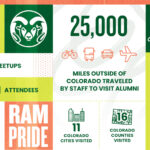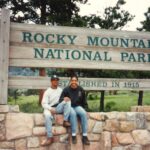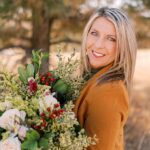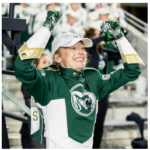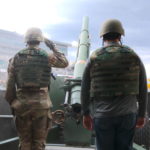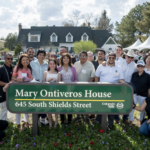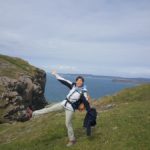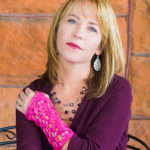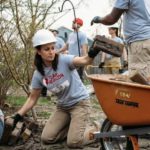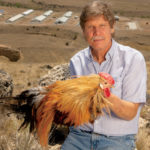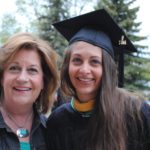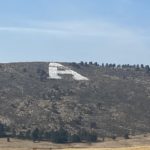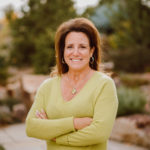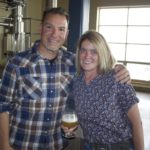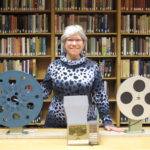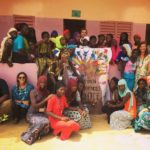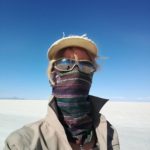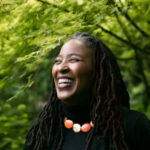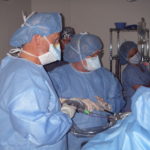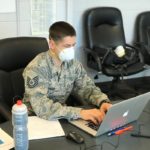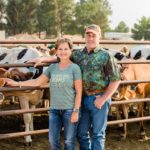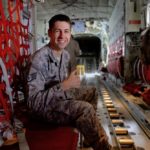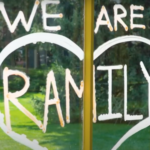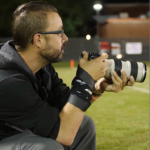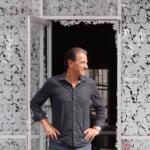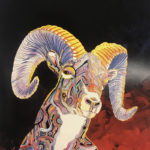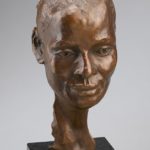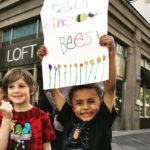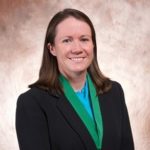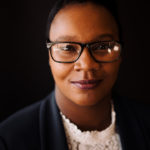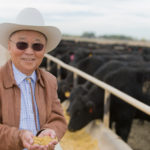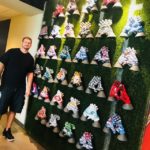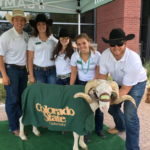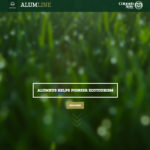When Isabella Wells (B.S., ’22) arrived at Colorado State University for a campus tour, she said it was “like a spark going off.” A California native with a desire to learn more about animals and a penchant for traveling, Wells immediately knew CSU was the place for her.
“There weren’t a lot of options for animal sciences programs in California and I was ready to go out of state, so when my dad and I toured CSU and I saw the Rockies, the “A,” and vet med and animal sciences buildings, it really appealed to me,” Wells said from her flat in Edinburgh, Scotland, where she is currently working toward a Master’s degree.
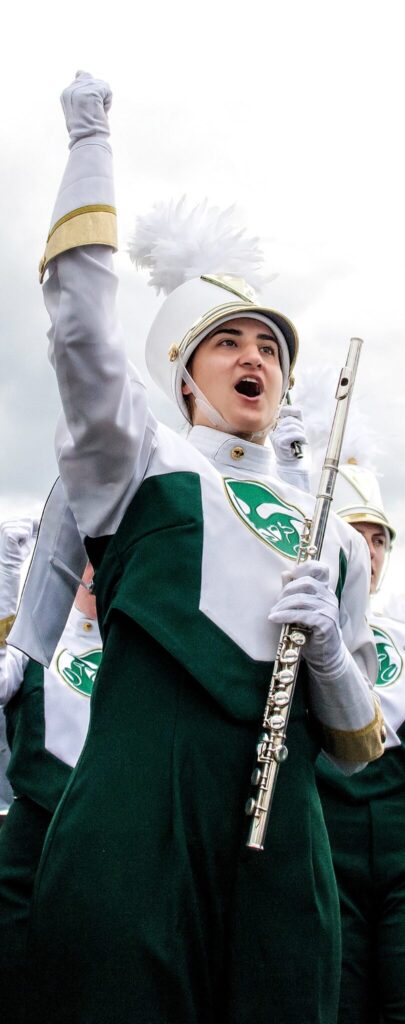
When she returned to campus a few months later as a freshman, she wasted no time following up on advice she received from her tour guide – “become involved in something your first year to help you get exposed to the CSU culture.”
“I played the flute in the marching band and couldn’t think of anything better,” she said. “Going to football games and playing the fight song was a really great experience.”
As she began to focus more on her major, she looked for clubs and experiences that could satisfy her academic pursuits and her desire to stay involved.
“I became a part of the Animal Welfare Judging Team and it was amazing being a part of that,” she explained. “I even got to meet Dr. Temple Grandin.”
The Animal Welfare Judging Team, housed in the College of Agriculture Sciences, is a unique experience where students study a variety of animals – anything from traditional livestock to African Painted Dogs to exotic fish – and then are asked to assess the welfare of that animal based on a hypothetical situation.
“You’re presented with documents that explain the facility where the animal is being kept and how it is being cared for, and then assess its welfare. You present your findings to judges and defend your results scientifically,” Wells explained. “It was a great opportunity, not only because you’re exposed to exotic species, but because it helps with public speaking, collaboration, and research.”
That last part was especially interesting to Wells and another spark that led her to a research assistance program, as well as becoming a peer mentor in the Animal Sciences program.
“When I started my major, I didn’t have a lot of ag experience, so I really had to make my own way. Becoming a peer mentor meant I could connect with other students, give back what I had learned over my four years, and help them succeed,” she said.
An avid learner, Wells also picked up a minor while at CSU that, at first glance, seemed a bit baffling to even her peers and mentors.
“When it came to animal welfare, I really wanted a different perspective. That’s why I chose criminology/criminal justice as a minor,” Wells said. “It may look different, but there is a lot of overlap between the two – how animals and crime relate, how you prosecute animal abuse, and how you can advocate for animals through policy and legislation.”
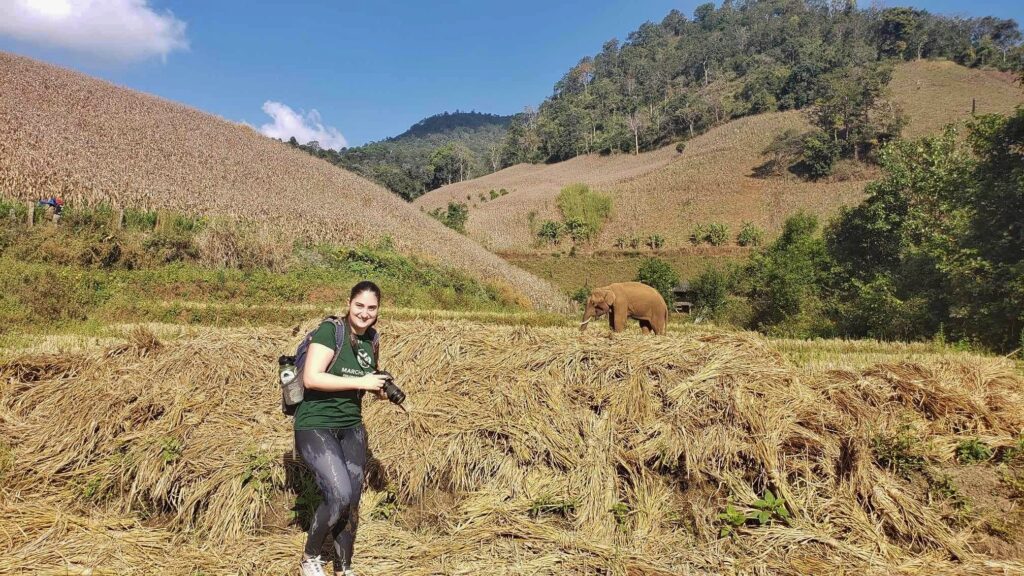
Wells admits that work can be “dark,” especially when you see the connecting points between animal welfare and domestic abuse or even serial killers, but she attests it’s the same work seen in popular shows like Bones or the CSI series, just from an animal perspective.
“It can hit deeper for people who have connections to animals and pets, but animals need someone to be their voice. Once you can start putting science behind it, that’s what really paves the way for change,” she said.
Animals deserve to be treated as ethically as humans are, she added. That’s something she learned at CSU, but also while volunteering with an elephant rescue program in Thailand.
“The elephants had been rescued from tourist camps and returned back to these rural villages where they’re cared for by ‘mahouts’ that have a deep connection to these animals,” Wells said. “It was amazing because we had to hike into the mountains and forest to find the elephants to study their behavior and perform health checks. Seeing how well the elephants had adjusted back into their natural environment is what made me want to keep doing [animal welfare and advocacy].”
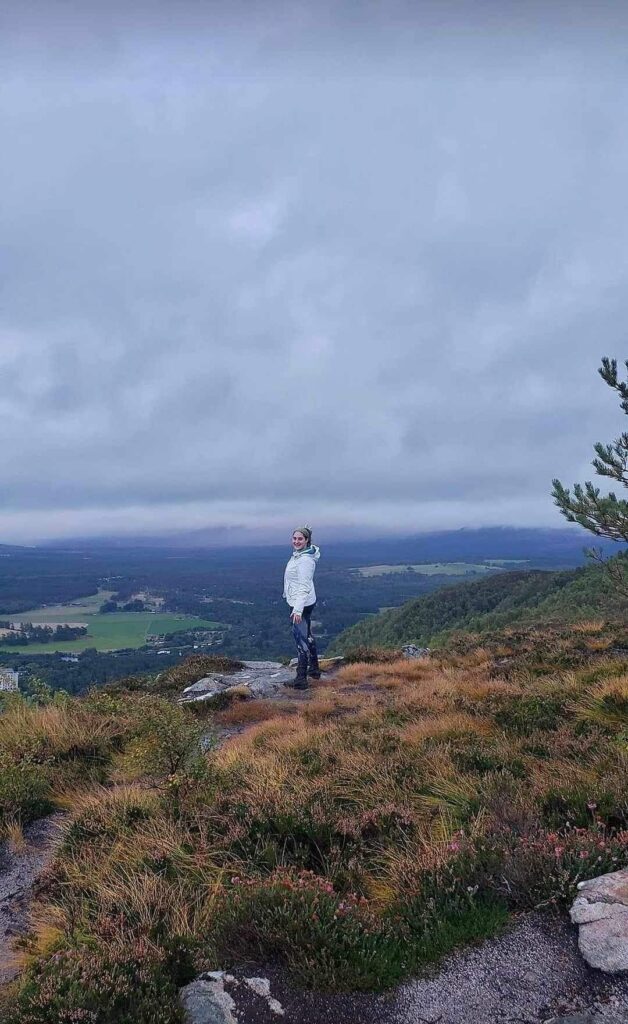
Now, as a graduate student at the University Edinburgh – home of the Roslin Institute, which conducted the Dolly the Sheep Cloning Project – Wells is working toward a Master’s in Applied Animal Welfare Behavior and taking her education, passion, and research to new levels. Not only has the University of Edinburgh introduced her to a variety of career options within her field, she’s learning from some of the leaders of animal sciences and welfare.
“It’s so trippy being assigned these groundbreaking research papers by the people who wrote them,” she emphasized.
With just a few months left in her program, Wells is excited to keep pursuing her passion no matter if it takes her to Europe, back to the U.S., or somewhere she hasn’t even thought of yet. One thing is for sure, though, she’ll forever be thankful for following that spark she first felt at CSU.
“I really found my passion with animal welfare, and I never even knew it was a thing until my freshman year at CSU,” she concluded. “CSU really set me up for success by giving me confidence, building my resume, and helping me become the person I am today.”

